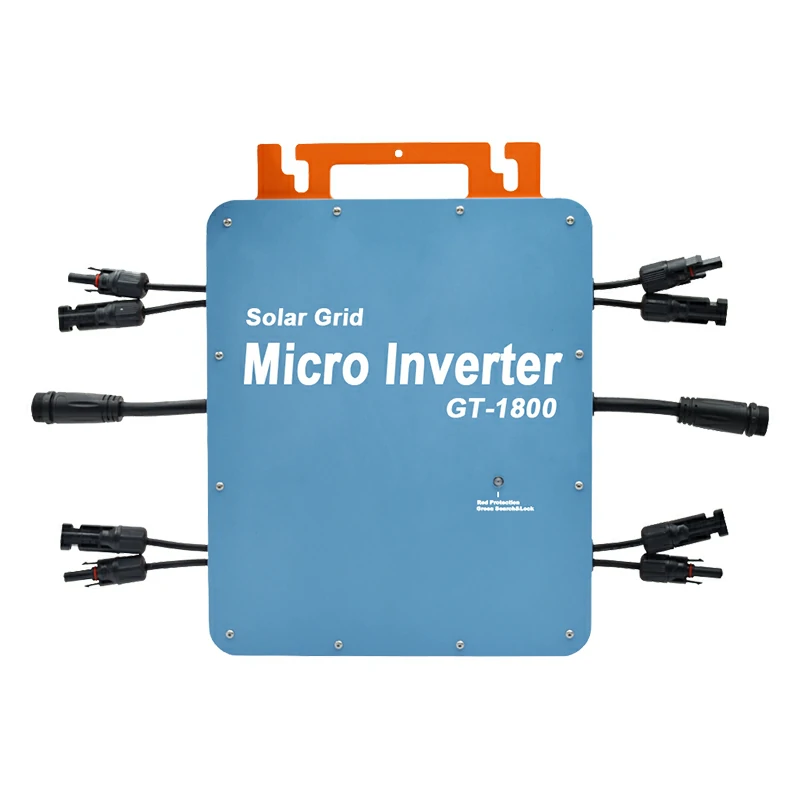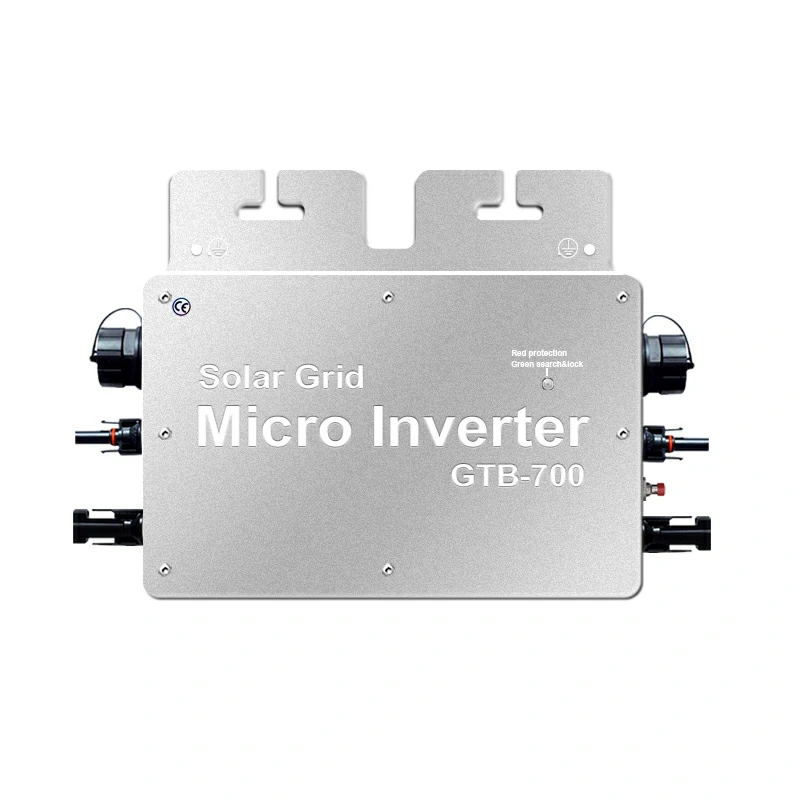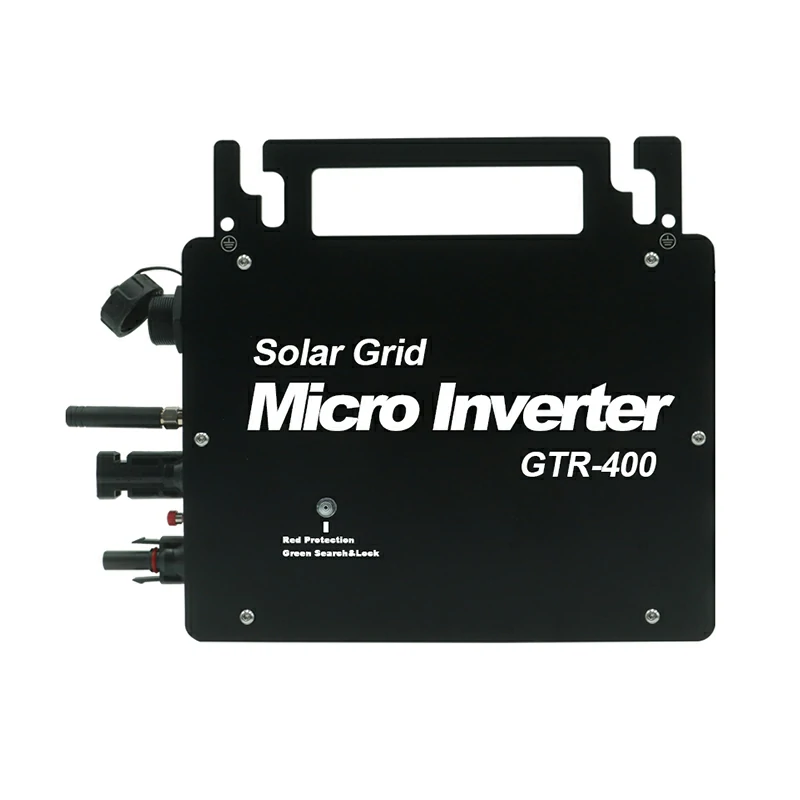Introduction
Choosing the right grid-connected inverter is crucial for maximizing power generation efficiency, especially in regions with variable weather conditions. Solar energy systems rely heavily on inverters to convert DC power from solar panels into AC power suitable for grid connection. This article explores key considerations that users should keep in mind when selecting grid-connected inverters, addressing common questions and concerns faced by those in the market for these essential components.
Understanding Weather Variability and Its Impact on Solar Energy Systems
Weather variability significantly impacts the performance of solar energy systems. Factors such as cloud cover, temperature fluctuations, and seasonal changes can lead to fluctuations in solar panel output. The role of a grid-connected inverter becomes critical in adapting to these changes to maximize energy yield.
Key Considerations When Choosing Grid-Connected Inverters
Technical Specifications
Grid-connected inverters come with various technical specifications that directly impact their performance and compatibility with your solar array. It’s essential to consider:
- Voltage and Current Ratings: Ensure the inverter’s voltage and current ratings match those of your solar panels to avoid compatibility issues.
- Maximum Power Point Tracking (MPPT) Efficiency: Higher MPPT efficiency allows the inverter to optimize power production even under varying sunlight conditions.
- Inverter Efficiency Ratings: Look for inverters with high efficiency ratings to minimize energy losses during conversion.
Weather Resilience
Given the exposure of grid-connected inverters to outdoor conditions, their resilience to weather elements is crucial. Consider:
- Temperature and Humidity Ratings: Choose inverters that can operate effectively in the temperature and humidity ranges typical of your location.
- Environmental Protection: Look for inverters with adequate protection against dust, moisture, and other environmental factors to ensure longevity and reliability.
Scalability and Future Expansion
When planning your solar energy system, consider the scalability of the grid-connected inverter:
- Compatibility with Future Expansions: Ensure the inverter can accommodate additional solar panels or system upgrades without significant modifications.
- Integration with Energy Storage Solutions: Opt for inverters that can integrate seamlessly with energy storage systems for enhanced grid resilience and energy management.
Integration with Monitoring and Control Systems
Real-time monitoring and control capabilities are essential for optimizing the performance of grid-connected inverters:
- Remote Monitoring: Look for inverters that offer remote monitoring capabilities, allowing you to track system performance and detect issues promptly.
- Data Logging and Diagnostics: Features like data logging and diagnostics help in identifying potential problems early and optimizing system performance over time.
Compliance and Safety Considerations
Compliance with regulatory standards and safety considerations are paramount when selecting grid-connected inverters:
- Regulatory Standards: Ensure the inverter meets local regulatory requirements and certifications (e.g., UL, IEEE) for grid connection and safety.
- Safety Features: Look for inverters with built-in safety features such as anti-islanding protection to prevent backfeeding into the grid during power outages.
Conclusion
Selecting the right grid-connected inverter involves careful consideration of technical specifications, weather resilience, scalability, integration with monitoring systems, and compliance with safety standards. By understanding how these factors impact the performance and longevity of your solar energy system, you can make an informed decision that maximizes energy efficiency and reliability.
For those considering a grid-connected inverter, consulting with reputable grid-connected inverter manufacturers and solar energy professionals can provide valuable insights tailored to your specific needs and geographic location. Remember, investing in a quality grid-connected inverter not only enhances immediate energy savings but also ensures long-term performance and sustainability of your solar energy investment.




